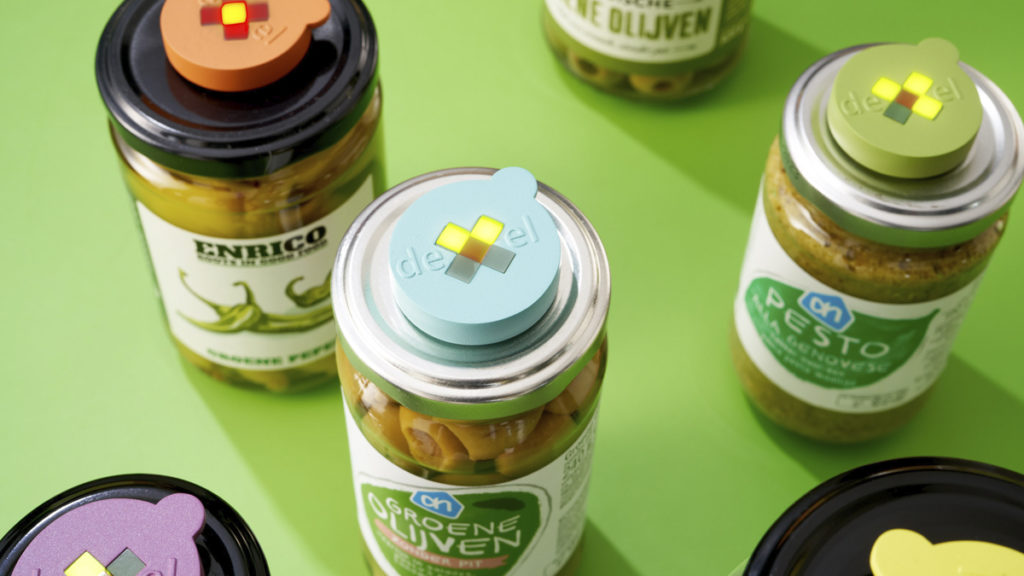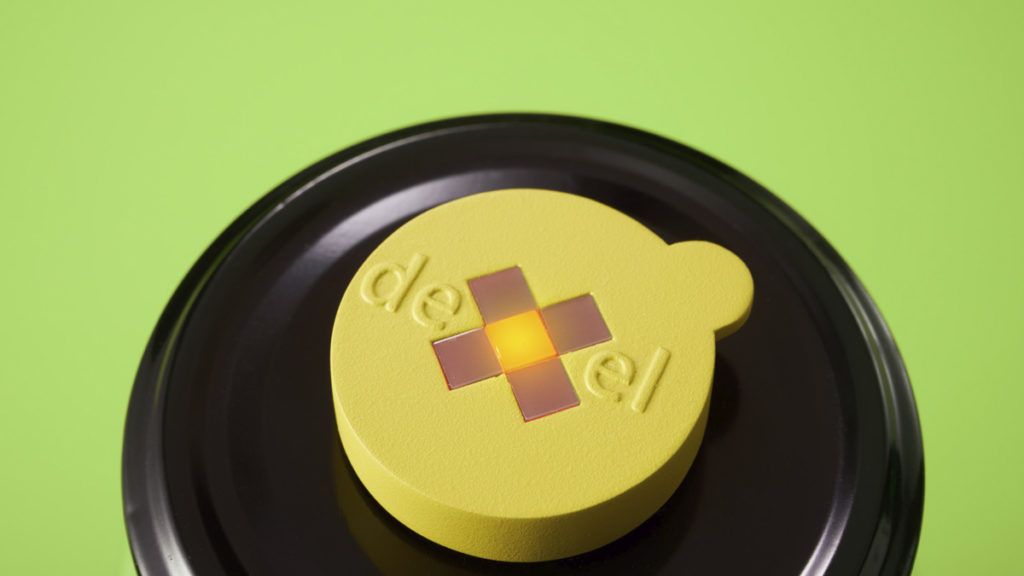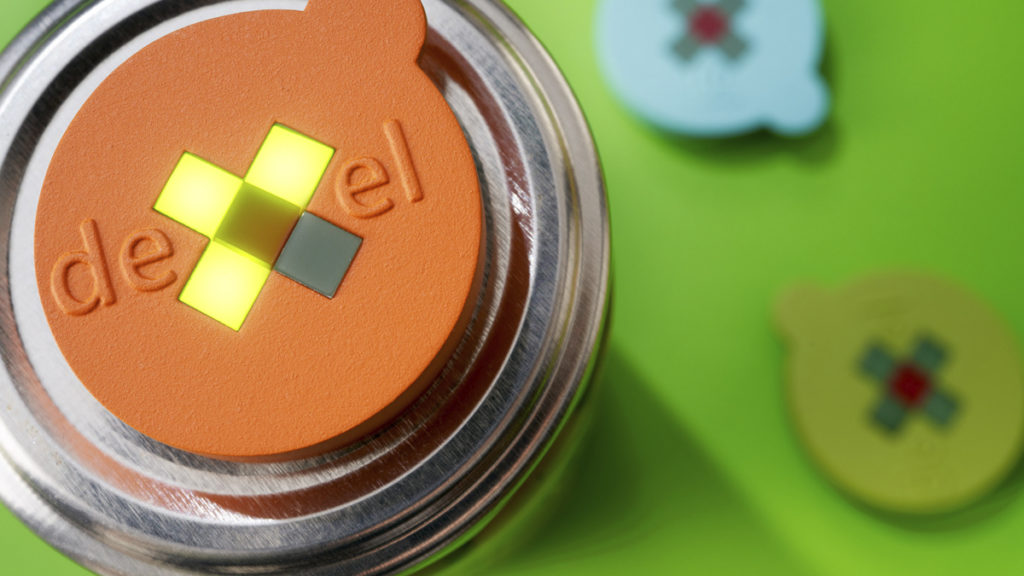The climate crisis remains one of the most critical challenges facing humanity and food waste is a significant contributor. Wasted food contributes a whopping 8-10% of total man-made greenhouse gas emissions and approximately one-third of food produced around the world is wasted each year. We all have a responsibility to play our part in addressing these issues in any way we can.

A high proportion of wood waste comes from our homes and in particular from products required to be refrigerated once opened. ‘Best before’ dates and ‘use by’ dates have very little meaning once a product has been opened and of course we rarely need to use all of the product in one go.
Reaching for the jar of mayonnaise or bottle of ketchup at the back of the fridge, cautiously checking the dates and opening the lid to see if new life has begun growing inside — forced to run the gauntlet between wasting food or giving ourselves an upset stomach, we’ve all been there.
‘DeXel’ conceptual design innovation uses connected technology to transform existing jars and bottles into intelligent packaging. The food saving timer device magnetically attaches to the lids of the packaging, using motion sense technology and an LED light system to help consumers reduce their food waste.

Prior to opening the jar or bottle, the user scans the QR code on pack with their smartphone, enters the colour of the device and the date into the app. The DeXel timer device is then ‘connected’ and can track and advise on the extended use of the product. For example, if the cross is fully lit up in green, the product is safe to use. If the cross shows only one green bar then the product needs to be consumed that day. A red LED indicates that the product is no longer safe to use and needs to be disposed of.
The DeXel app is sponsored by partnership brands who can engage with consumers by providing tips for food preservation in aid of reducing food waste. Data shared by consumers and stored by DeXel can then be used to provide unique consumer insights on the use of their brands.

This innovative concept design seeks to challenge consumer behaviours by empowering users to make more informed choices about the food they waste, to take control of and limit their negative contributions to our current climate crisis.
Source: Packadore Collective

You must be logged in to post a comment Login